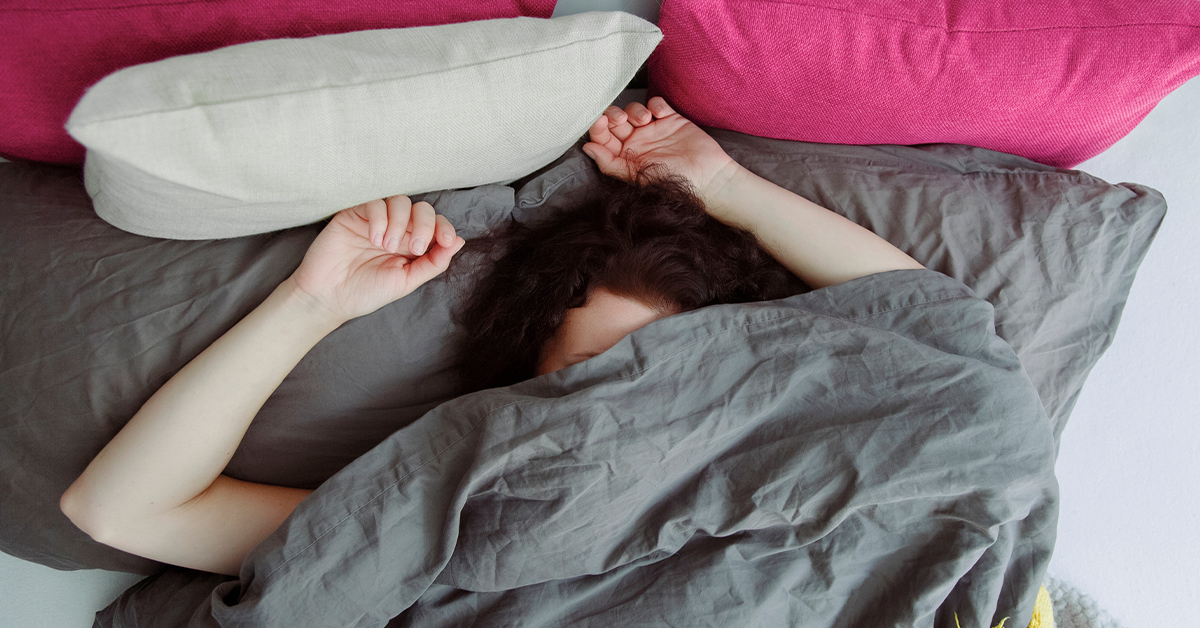
Quality sleep is vital for your overall well-being. Lack of sleep, or sleeping for just a few hours, can, however, take a toll on your health and mood, another reason you need to strive to get at least 6 hours of good quality sleep every day. Getting enough sleep not only rejuvenates you physically and psychologically but also reduces the risk of contracting terminal conditions, including heart diseases and diabetes. As important as rest is, only a small fraction of people get to enjoy a good night’s sleep. Many will toss and turn for hours before they can finally grab some sleep. You don’t necessarily have to struggle to have a restful sleep. Here are a few tips.
- Have A Sleep Routine
Make a habit of going to bed and waking up at the same time every day. Doing so helps the body establish a circadian rhythm that lets it know when you need to be in bed and when to wake up. Sticking to a sleep routine enables the body to drift off as your sleep hours approach slowly. However, this strategy is only applicable if you don’t have an erratic work schedule that forces you to go to work in odd hours. Your bedroom environment will help you keep to your sleep routine, invest in Wayfair furniture with ample storage to keep your space clutter free.
- Slow-Down On Your Caffeine
While it might be impossible to skip your morning cup of coffee or tea, restricting it to the morning hours can help improve your sleep patterns. This is because caffeine triggers increased heart rate while boosting adrenaline production, which inhibits the production of sleep hormones. According to research, it takes more than 6 hours for caffeine to clear out of your bloodstream. It thus would be advisable to limit your caffeine intake to the morning hours.
- Avoid Electronic Devices Towards Bedtime
Basking in the morning sun helps reset our circadian rhythm, improving our state of wakefulness. It also makes it much easier for us to drift to sleep effortlessly at night. Working on your computer screen or using cell phones, tablets, iPads, and other electronic screens alters how our body produces sleep hormones, making it hard to fall asleep. The blue light produced by these screens might be the reason you aren’t sleeping well at night. It would thus be advisable to limit the use of the same at least a few hours to your bedtime.
- Don’t Go To Bed Stressed
Going to bed while stressed will only make it worse. Stress increases anxiety levels making it hard for the body to produce sleep-inducing chemicals. Writing down all your stressors before going to bed might help the brain calm down, helping you fall asleep easily.
- Take On Relaxation Exercises
Simple relaxation exercises and techniques, such as tensing and relaxing your legs, taking deep breathes, and yoga, can improve your sleep patterns. Make this a habit, especially when preparing to go to bed, as these help relieve mental tension and allow you to drift to sleep.
- Try Acupressure
Acupressure is an ancient method that helps relieve muscle and mental tension. Simple DIY acupressure, such as pressing the spot between your eyebrows and nose for about 20 minutes, then releasing it, can help relieve the pressure. Repeat the same on the indent between the big and second toe.
- Get Out Of Bed
Are you unable to get sleep 15 – 20 minutes after hitting the blankets? Then get out of bed and go somewhere you’d relax easily. This can be the living room, the balcony, or even the kitchen. Be sure to avoid watching the TV or using electronic gadgets while there. Some warm milk or herbal tea are, however, welcome.
- See A Sleep Expert
Make the decision to see a sleep expert if none of the tips outlined above seems to work. The physician will run a couple of tests to determine what the problem might be. Some insomnia and sleeplessness cases are directly linked to various health concerns that might have to be addressed first.
